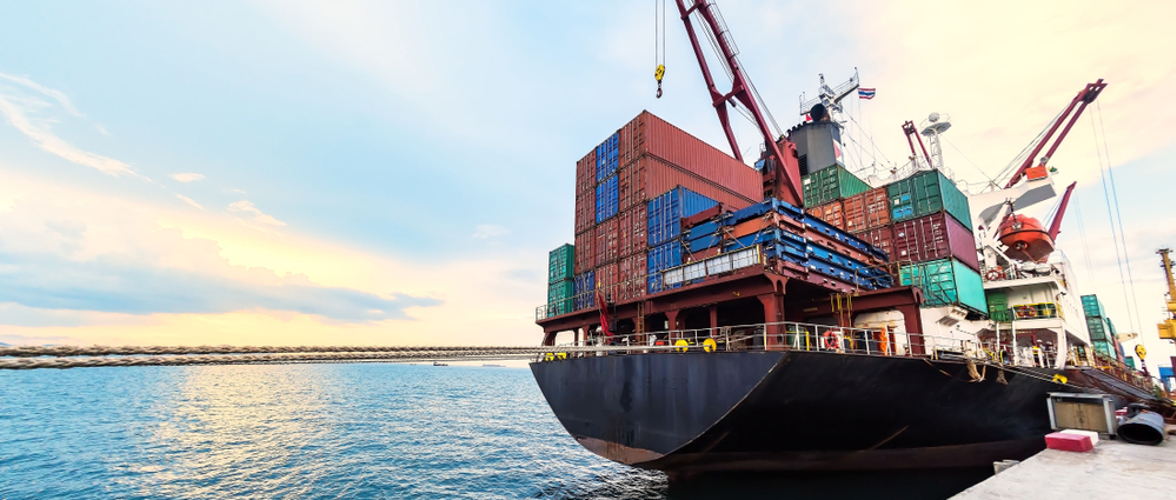Australian wine exports account for approximately one third of total revenue in the Wine Production industry. In 2021-22, wine exports are expected to fall by 14.3% to a five-year low of $2.2 billion. This follows a 12.9% decline in the previous year as wine producers dealt with the difficult diplomatic and trade relations between China and Australia.
‘The 2020-21 financial year should have marked three successive years of $1 billion dollars or more worth of wine exports to China. However, disruptive tariffs introduced in November 2020 have put a stop to that growth opportunity,’ said IBISWorld Senior Industry Analyst Matthew Reeves.
In 2020-21, exports to China are expected to fall by 45.0%, to just over $600 million. With only $13.0 million of that coming between December 2020 and June 2021, the prospects for the industry in China look bleak in 2021-22.

Alternative export markets
However, the latest trade figures reveal promising trends that may support a recovery in export growth for the industry. Exports to the United Kingdom, the second largest export market by value (and largest by volume), grew from around $400 million in 2019-20 to $472.0 million in 2020-21.
‘This strong growth was due in part to the COVID-19 lockdowns that boosted sales through liquor retailers, where Australian wine is predominantly sold, at the expense of the hospitality sector,’ explained Mr Reeves. ‘However, new opportunities are likely to present themselves for Australian wine producers in the form of a free trade agreement which will immediately eliminate tariffs on Australian wine once it enters into force.’
Hong Kong also stands out as a growing export destination. Australian wine exports to Hong Kong skyrocketed after the tariffs were implemented in November last year, and ended the financial year valued at $184.7 million. This places Hong Kong as the fourth largest export destination behind the United States, up from being eighth in 2019-20.
‘The sharp growth in demand may suggest that some importers have used Hong Kong as a backdoor entry into China. If so, demand is likely to increase further in 2021-22 and continue to be a large export destination in the future,’ said Mr Reeves.
Other markets that show strong promise for the industry over the next five years include Singapore, South Korea, Malaysia and Thailand, which all exhibited strong growth in demand despite dealing with significant COVID-19 outbreaks. Together, these four countries contributed over $220 million to export revenue in 2020-21, an increase of 25.0% from the previous year. Over the next five years, IBISWorld projects industry exports to increase at an annualised 3.6%, to reach $2.7 billion in 2026-27.

Domestic market
The local market is also going to be key to the Wine Production industry’s recovery. The industry has faced mixed conditions in Australia following the outbreak of COVID-19. Lockdown and other travel restrictions have severely affected on-premise trade. Revenue for Pubs, Bars and Nightclubs fell by 10.2% a year on average over the two years through 2020-21. Wineries that rely on tourist visits to their own restaurants and cellar doors also suffered from these restrictions. However, the Liquor Retailing industry grew at an average rate of 11.1% over the two years through 2020-21. Wineries have also boosted their own online presence, including offering online wine tasting events.
Revenue for the Wine Production industry revenue is expected to fall by only 3.4% in 2021-22, despite the disruption to exports. However, the increasingly stricter lockdowns across eastern Australia now ensure a poorer result for cellar door sales and on-premise trade than first expected.
‘Since March 2020 the lack of international tourism has largely been offset by Australians’ inability to travel overseas. The risk is that state border and in-state travel restrictions, coupled with the inability of hospitality businesses in the two largest states to open for on-premise trade, may impede the industry’s recovery,’ concluded Mr Reeves.
IBISWorld reports used to develop this release:
- Wine Production in Australia
- Pubs, Bars and Nightclubs in Australia
- Liquor Retailing in Australia
- Online Alcohol Retailing in the UK
For more information, to obtain industry reports, or arrange an interview with an analyst, please contact:
Jason Aravanis
Strategic Media Advisor – IBISWorld Pty Ltd
Tel: 03 9906 3647
Email: mediarelations@ibisworld.com







